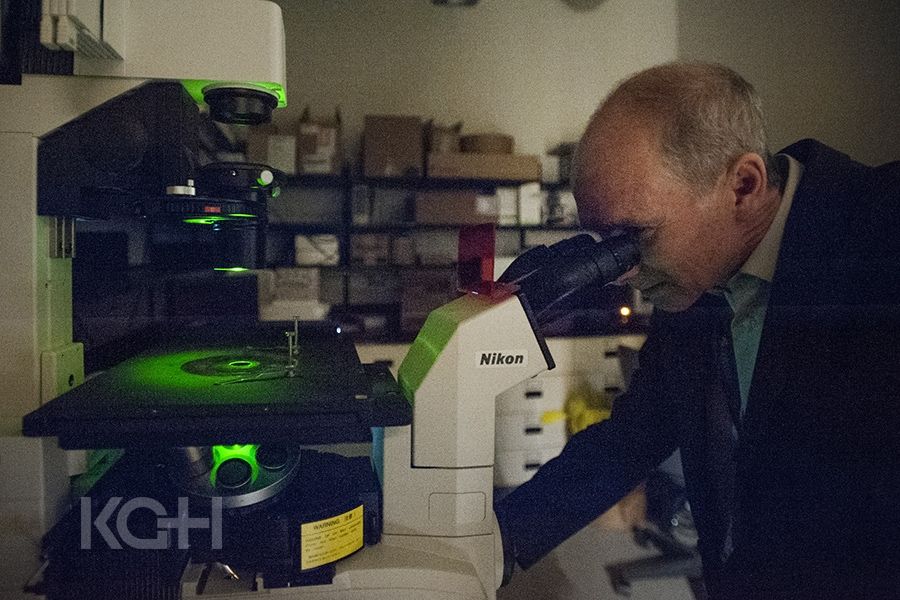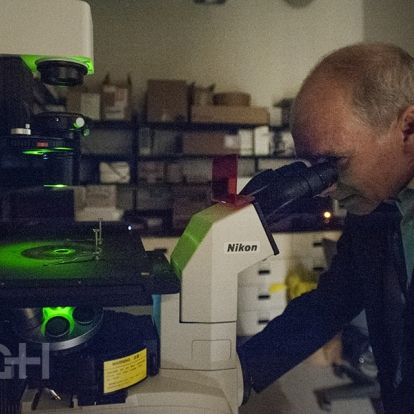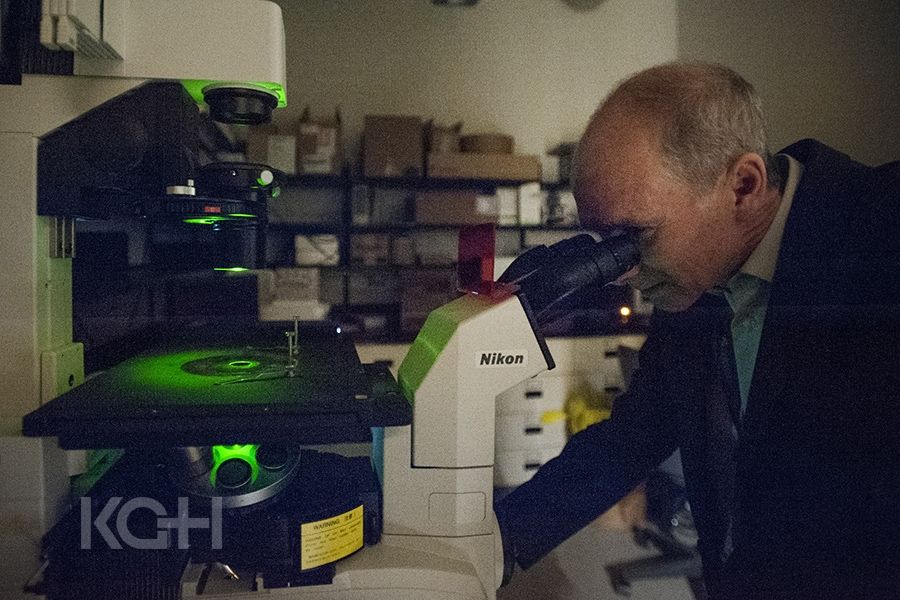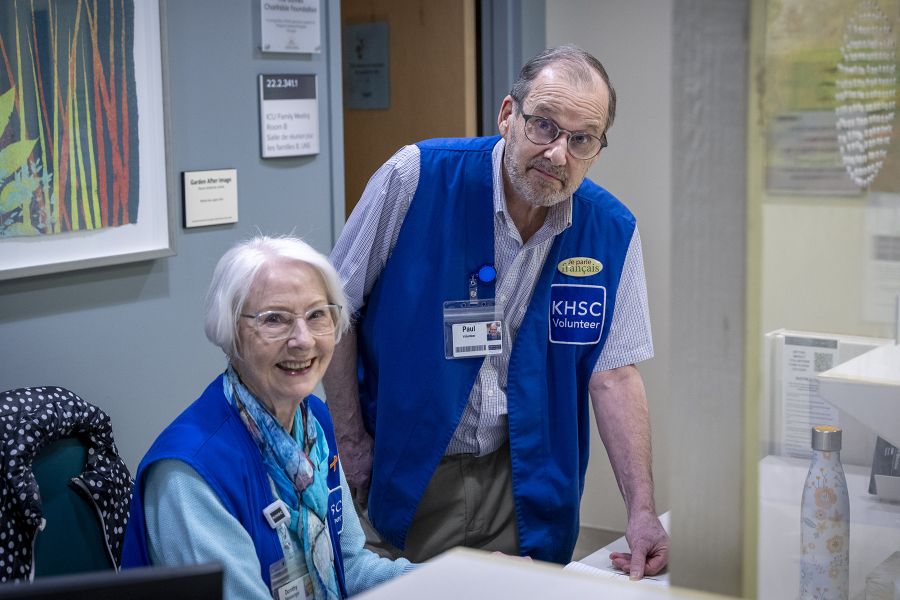
Each day millions of Canadians live with pain caused by Irritable Bowel Syndrome (IBS). A new study co-led by researchers at Kingston General Hospital and McMaster University will investigate the relationship between a patient’s diet and the bacteria in their stomach to see if there is a way to improve the quality of life for people with this condition.
Thanks to $12.5 million in funding from the Canadian Institutes of Health Research, this work will be part of the largest-ever study group of gastrointestinal disease in Canadian history. All told, 88 researchers at 17 centres along with six thousand patients will be involved. Along with the research on IBS, teams in other cities will also be looking at Inflammatory Bowel Disease (IBD) as well as the links between IBS, IBD and mental health conditions. Depression and anxiety have been found to commonly occur in patients with gastrointestinal diseases.
Dr. Stephen Vanner, clinician-scientist at KGH and a professor at Queen’s University, is co-leading the IBS portion of the study. In Kingston, five teams of researchers hope to recruit between three to four hundred patients with IBS to take part. The condition is chronic and painful and can significantly impact a person’s quality of life. Investigation of IBS patients alone costs the Canadian health care system over one billion dollars annually.
“We want to transform the management of these conditions, and improve patient’s lives” says Dr. Vanner, who is also the Director of the Gastrointestinal Research Unit (GIDRU) located in KGH. “The premise is that food and gut bacteria interact to cause symptoms of IBS. Our goal is to understand these interactions and find treatments by altering one or both of these factors.”
The aim is to develop new treatments for patients that could include dietary changes, the use of probiotics, antibiotics or fecal transplants, among other therapies, that may improve the health of people living with the condition.
“One of the challenges in the past is that studies have mostly been limited to fewer than 50 patients, making it very difficult to establish links or find causes,” says Dr. Vanner. “This study will give us the large population we need to reach reliable conclusions.”
The research teams are soon to start recruiting patients. Anyone who has been diagnosed with IBS can contact the research team by email at simmersc3@hdh.kari.net if they would like to learn how to get involved in the study.
Gallery




Clinician-scientist Dr. Stephen Vanner will lead teams investigating Irritable Bowel Syndrome.

Clinician-scientist Dr. Stephen Vanner (second from right) and his team who will investigate Irritable Bowel Syndrome.

Clinician-scientist Dr. Stephen Vanner will lead teams investigating Irritable Bowel Syndrome.



